The editor and artist reveals the concerns that are having an affect on his blood pressure, his methods for processing images, and the peace he finds amongst the unpretentious.
1. Show us a sample of your work.
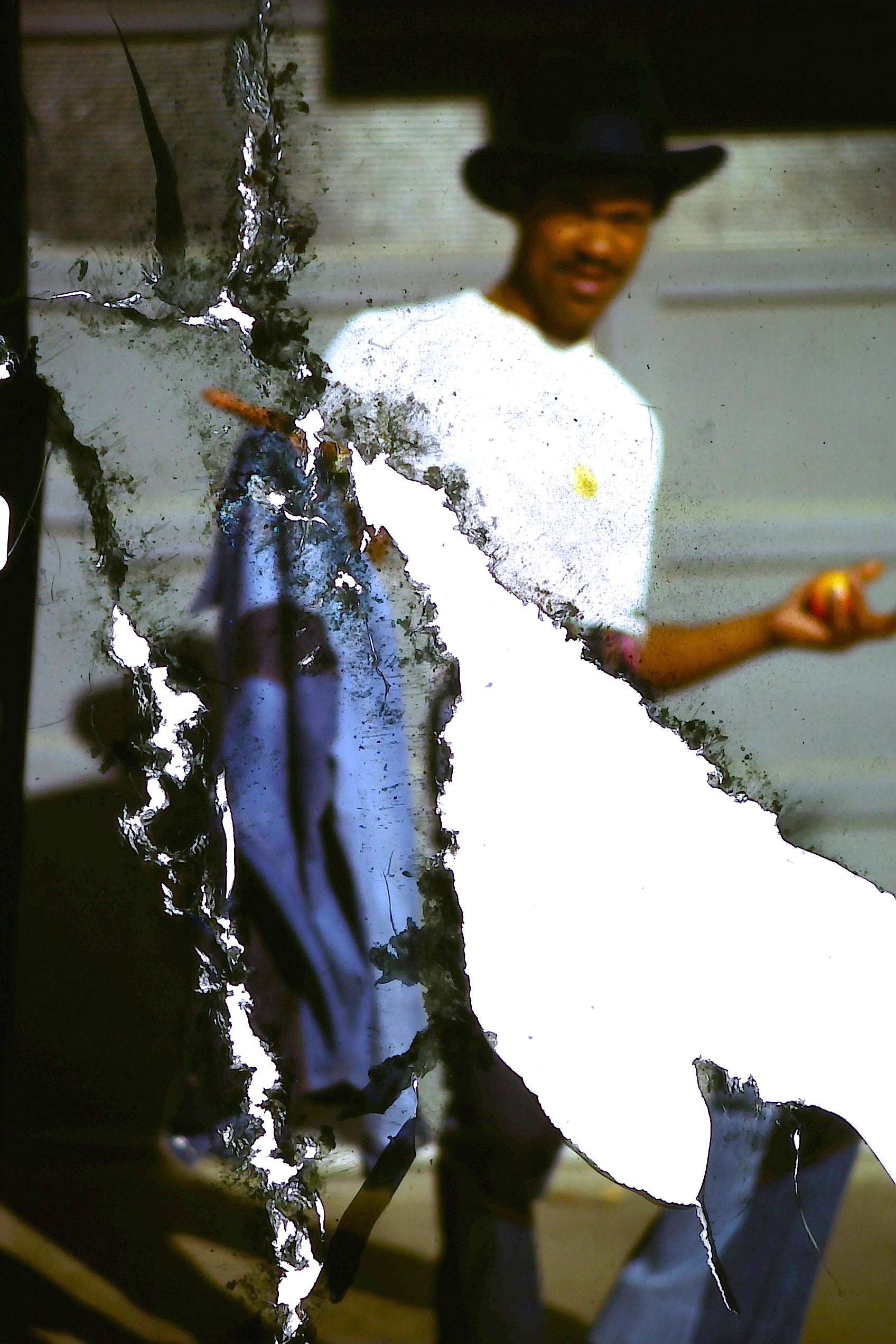

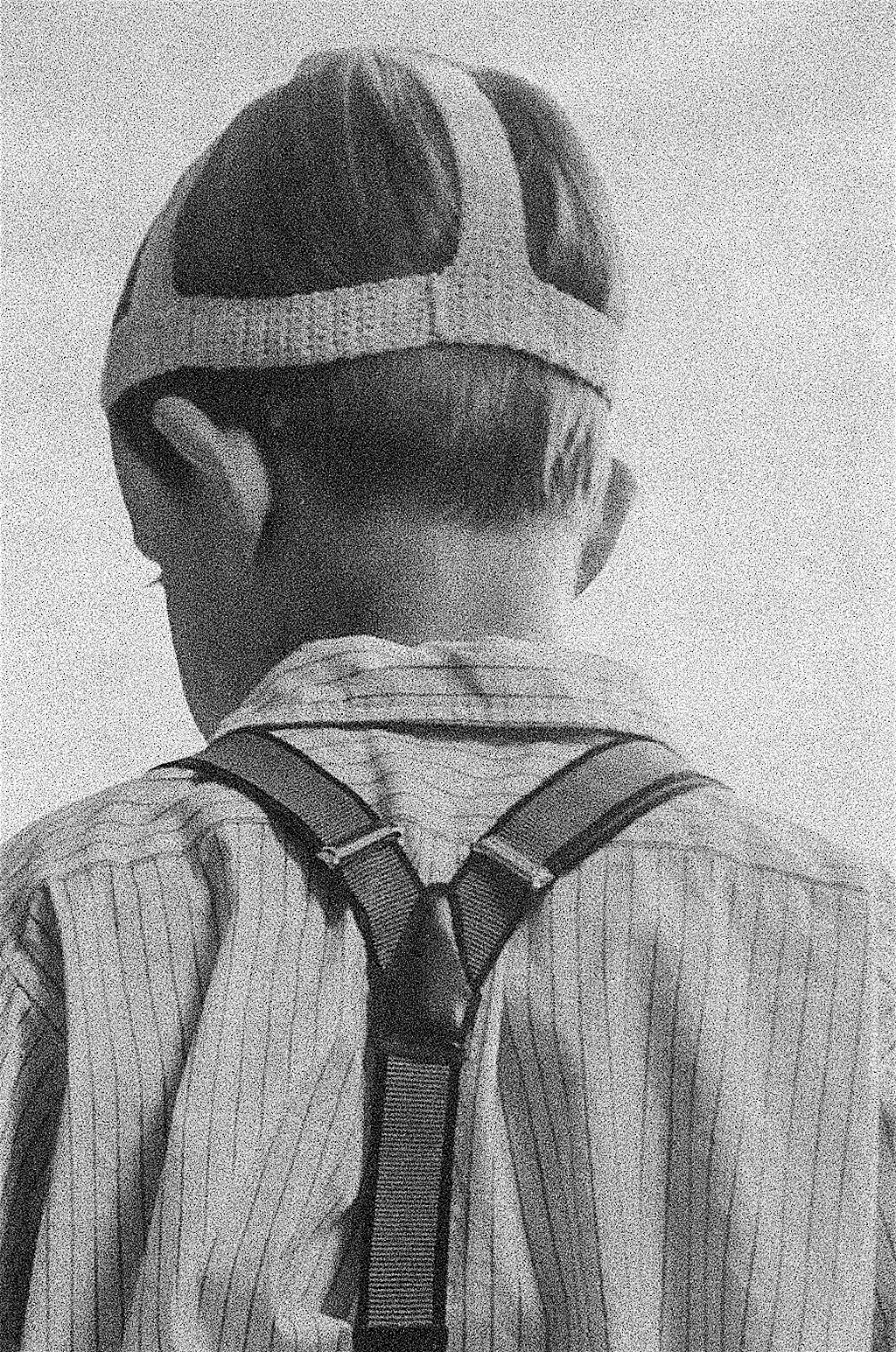
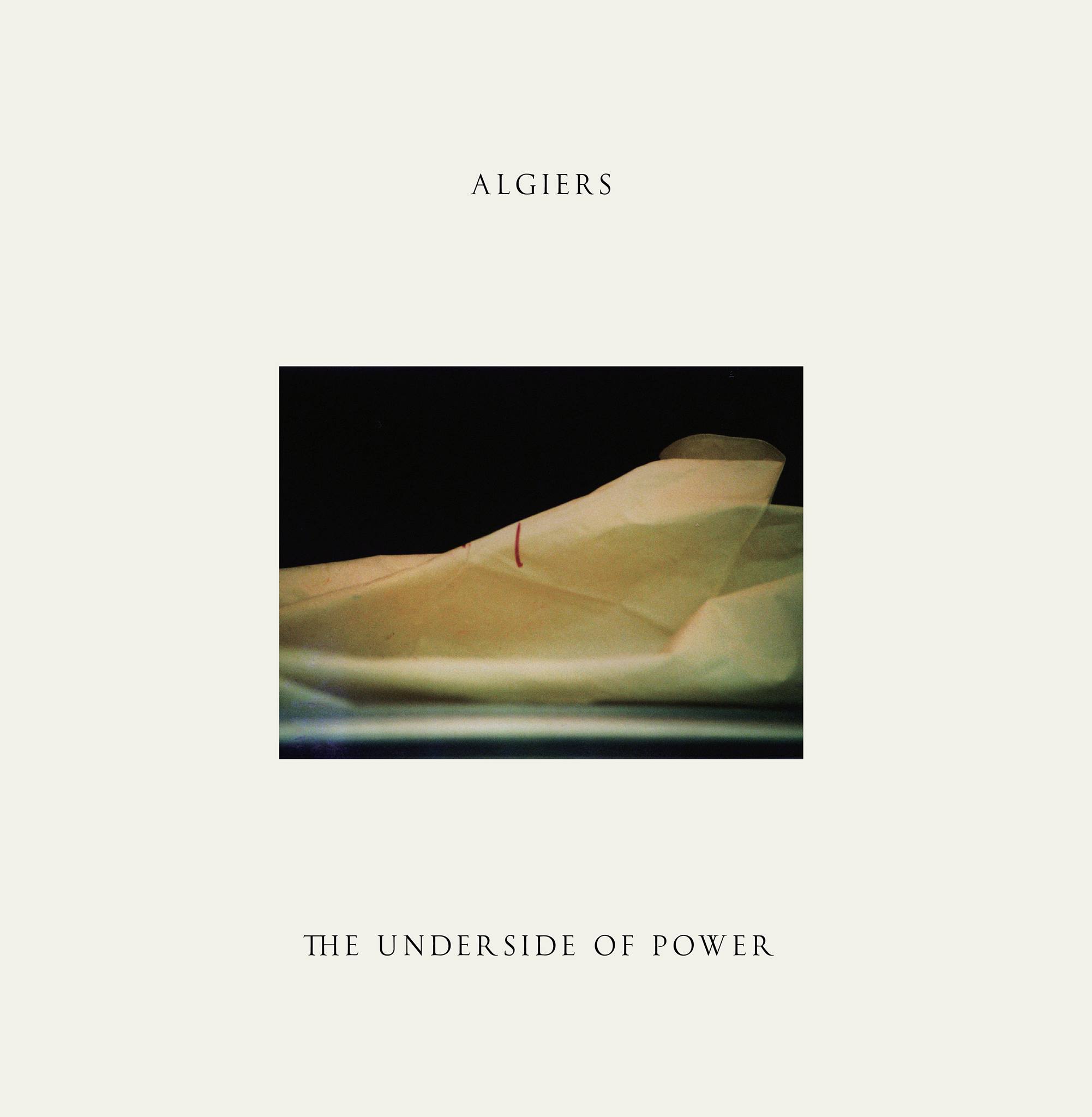
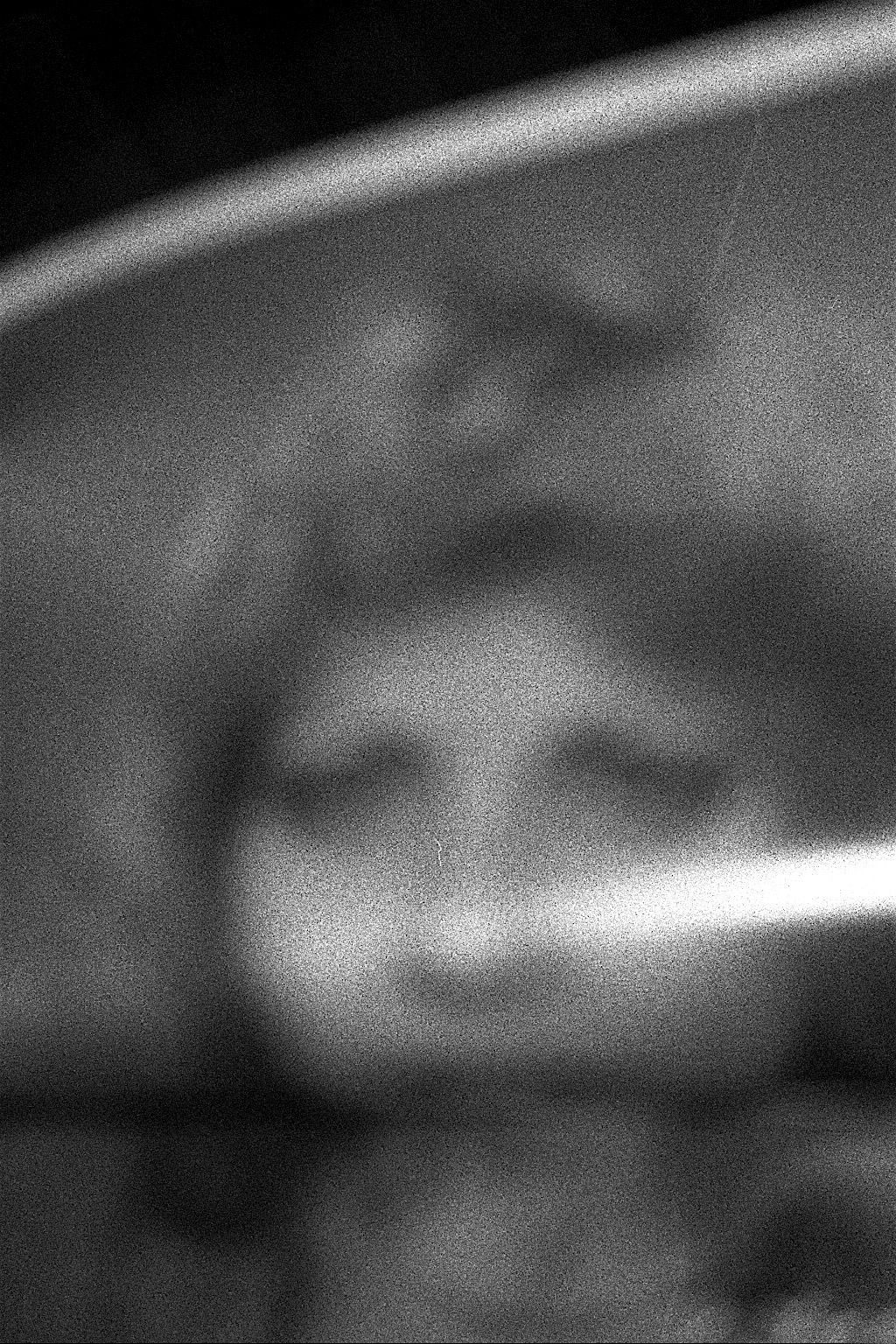

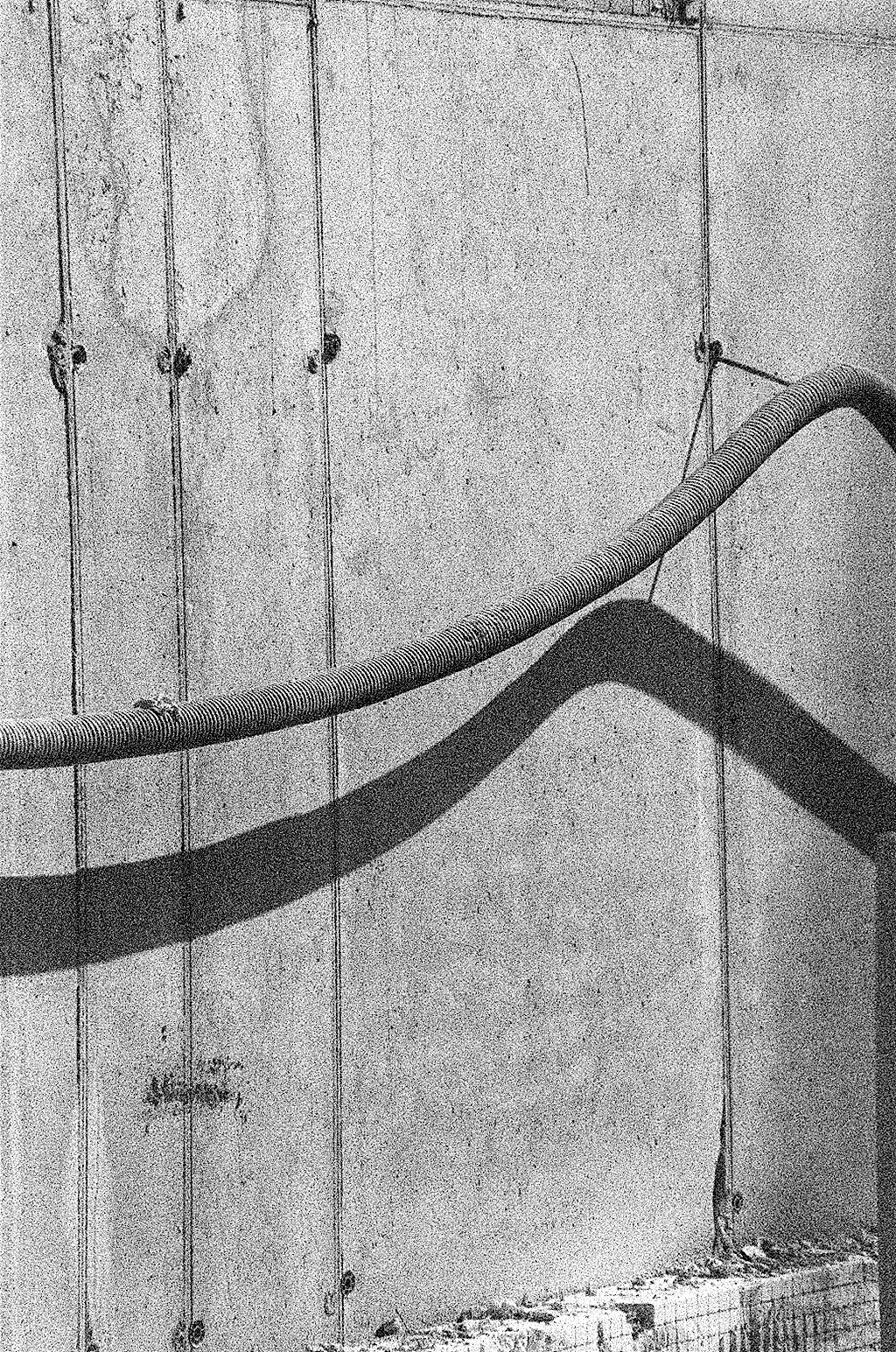
2. What research is currently most informing your practice?
I’m in a constant state of flux with both what is my “practice” and what interests me. I guess that the fundamental interest I have with photography, by way of collecting, then by way of processing is looking at images that are somehow “unseen” or hidden by the general motifs of the mediums history. I am looking then processing images that are part of a contextual body of work that I consider a sort of archaeology of inner vision. I am interested in why certain images stick to my retina, while many others do not. I tend to believe that every image I work with shares part of my psychology in this sub-text. Practice for me is not focussed on making an image, it radiates outward into everything from writing to curating and also accumulation of ends. That sounds dry to write, but in the context of some of the images, these themes that pursue me are less innocent than my description makes the practice sound.
3. Which photograph are you obsessed with right now and why?
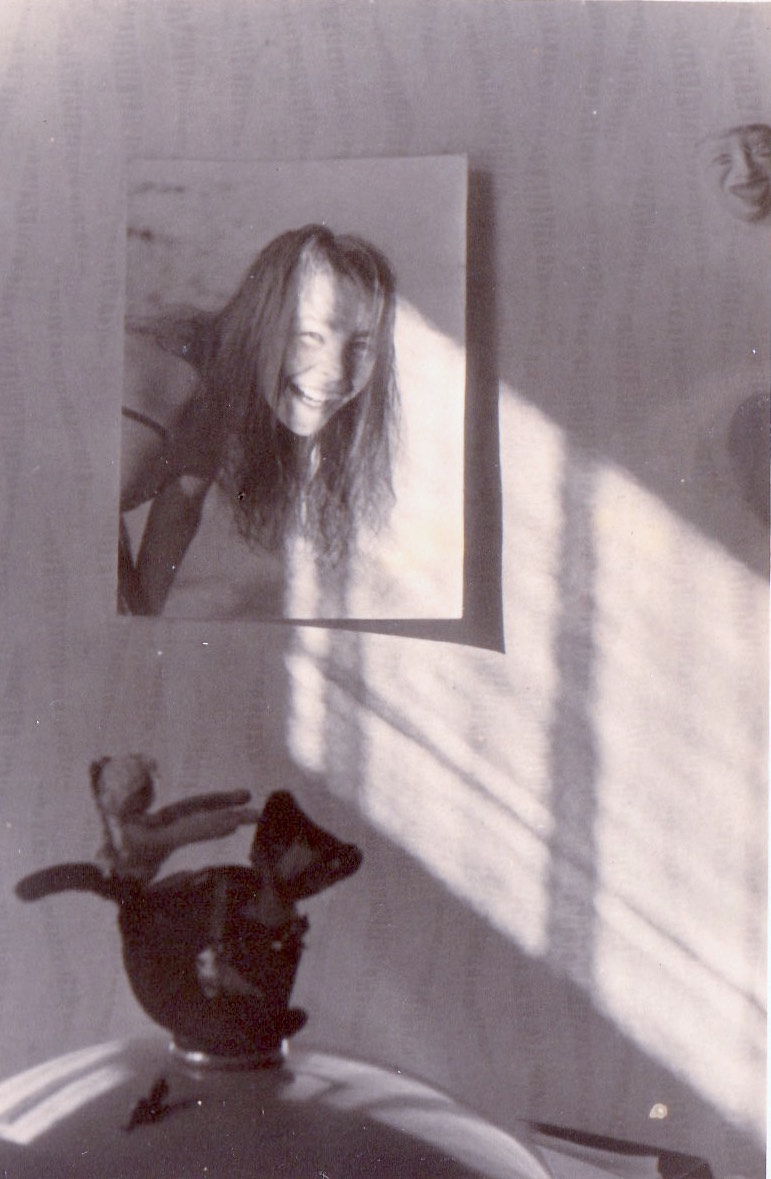
With collecting, my focus has changed somewhat from finding images that are punctuating in an overt way to finding images that still somehow harken a queasy feeling underneath the surface. When I did my first book with Bruno, it opened up a lot of ideas about images and narrative that were already there, but were pulled out in the process. A good number of those images had the overt attraction where the point was clear, whether that point was gruesome or just strange. The other portion of the book had images similar to the one above where the litmus test for understanding whether it is a “great” image or not is unnecessary and the question of why I am attracted to it becomes a more central focus. I could elaborate on composition, the lighting, the re-photographic work on the wall and yet and perhaps for better, words fail why I am attracted to this particular image and they fail even more when I try to elucidate why it feels queer to me.
4. What video can you not stop watching?
5. Can you give us five links to things you think we should know about?
http://www.forensic-architecture.org/
http://www.archivmichaelschmidt.de/en/michael-schmidt-en/
6. How many photos do you have right now on your phone? Please share one
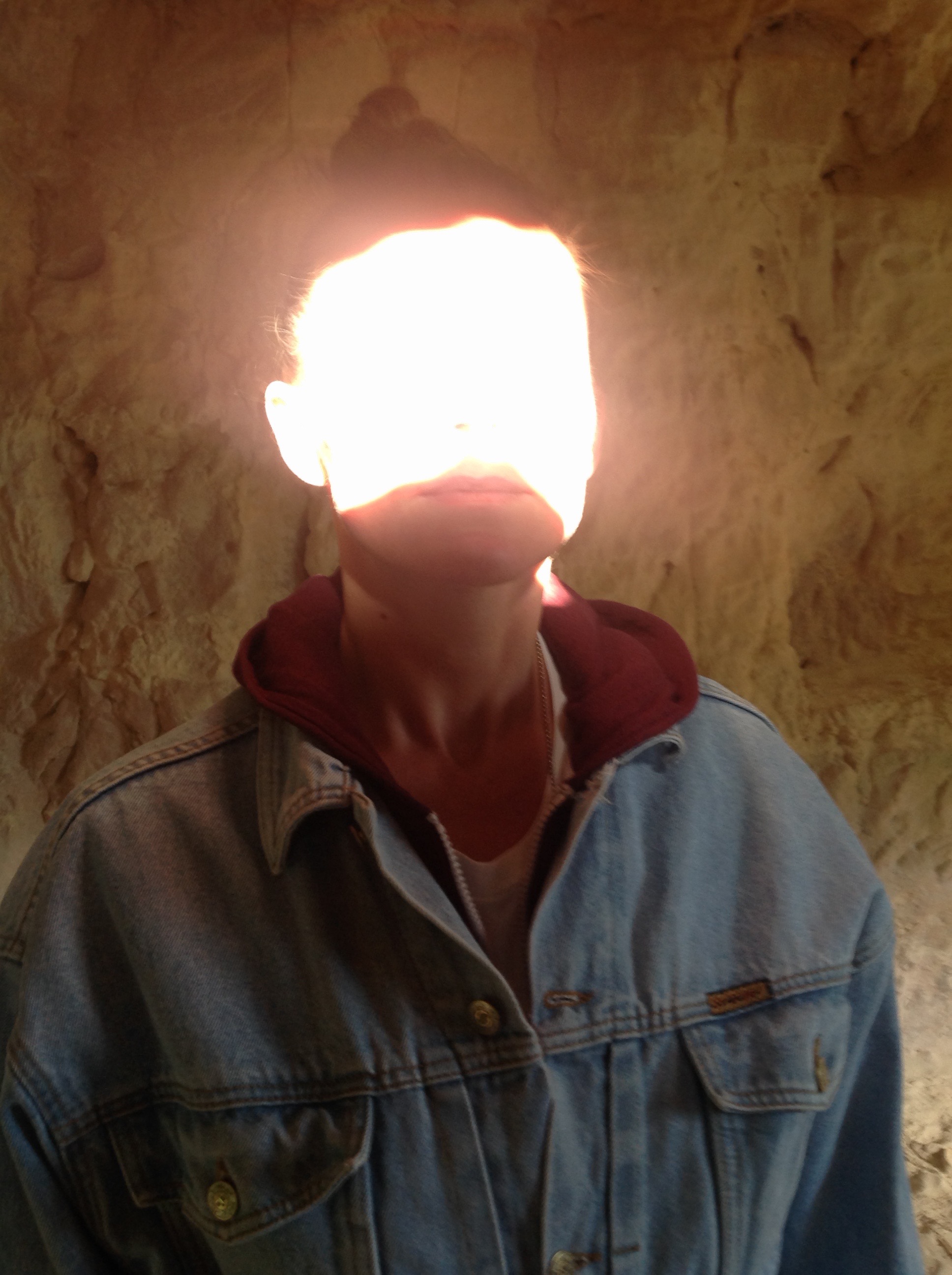
…and feel free to give us some context if you feel like it.
I don’t use my phone for photographs for the most part. I tend to use it if I have no other camera with me, which is rare. Such a boring answer. The photographs that I do have are of my family. I am very very guarded about putting images of others out into this world. There are exceptions, but I feel we are too prone to simply sharing data of our loved ones. We give our image away too freely without regard from the depository where it may end up one day. I’m not trying to be cryptic, but if you are following even modest amount of what images can be used for now or in the future, you might consider what currency the images of your loved ones have on your phone…..
7. Can you send us a pic of your desk/workspace?

8. What is the most coveted photo book you own and why?
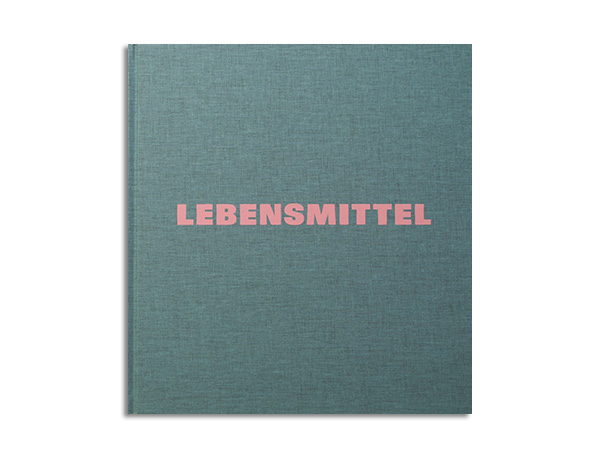
I guess that is a shifting perspective for me. I tend to get absorbed by books that offer new ideas as opposed to their collectibility or sentimental value. So, for example, in those terms, the book that really started me down a new road with the way I look at things would be “Lebensmittel” by Michael Schmidt, but the book that has eclipsed my understanding of things, also by Schmidt would be “Berlin Nach 1945”. Complete game changer. It managed to make a good amount of recent books over the past 4-5 years that I thought were great look gimmicky and redundant. I’ve noticed this with photography books over the past few years and I am certainly part of this…they tend to be about being “clever” or novelty-driven. They remind me of a lame orgasm-quickly forgotten and inconvenient after the first 30 seconds.
9. What concerns you?
What concerns me right now is certainly ecology first. Second to that the speed of technology coupled with an impending doom theory about humanities complete and utter lunacy. I feel like Rhodes in George Romero’s “Day of the Dead” when he is yelling “That’s it…. run, you fuckin’ lunatics” when I play back what I see in my head every morning reading the news. I feel we are progressing so fast as to make us less intelligent. The anxiety machine of the purposeful Internet, the two-minute social justice concern, the backwards quest for individuality in focus GROUPS, and the general oppressive states of political systems are something that I struggle with. I keep feeling like quantum physics is simply another pathological stand-in for God and that technology is somehow believed to be benevolent and occupies a “thingness” with emotion in the minds of many. Other than that watching little mafias form in photography from my generation that I didn’t think I would see so overtly. Watching the continued greasy wheel of talent awards and banks prop up even more of the fairs in Europe and abroad with dirty money pretending to be culturally progressive. That isn’t a concern as much as it is a gripe as it doesn’t affect me other than blood pressure.
10. What makes you happy?
My family first and foremost. Being away from a large city and the economic drain of it. The rare times I manage to hang out with my very close friends and meeting people in the field who aren’t complete self-absorbed tossers generally makes me happy. Seeing people contribute to the photographic field selflessly and work hard at what they do instead of waiting to be glorified with their perceived and often-imagined genius. I tend to find peace more than I find some obtuse idea of happiness if I am honest. States of emotion change too rapidly to entertain what qualifies in a repeated manner. If we could answer that question honestly to ourselves, we would all be doing something else more often.
About Brad: I live in Slovakia and am the Managing Editor and Partner for American Suburb X. I contribute writings to a number of publications and curate exhibitions. My forthcoming book “Family of Men” is due out in early 2018 with Yard Press and this work is also included in a show curated by Natasha Christia in Mexico City this November at the Centro de la Imagen.